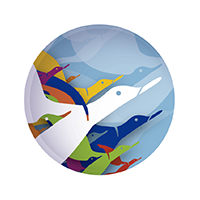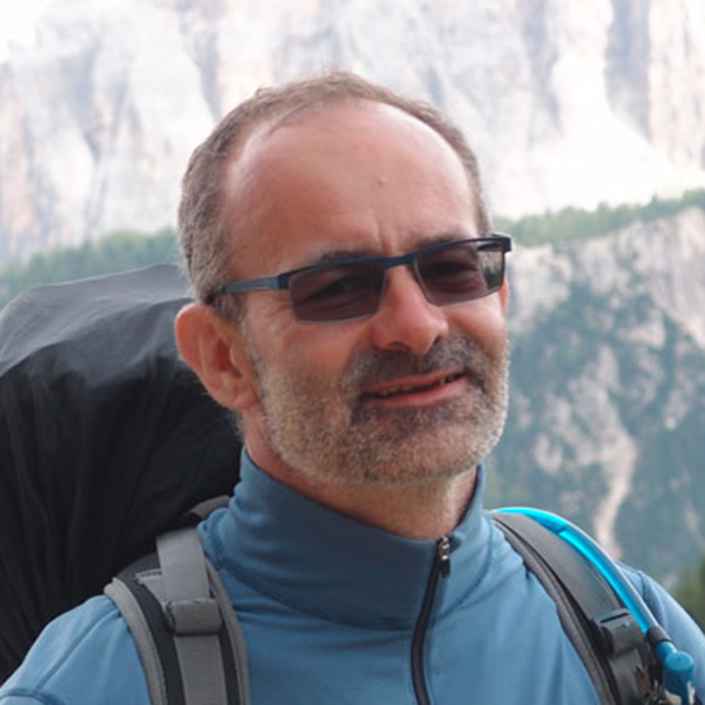Regenerative Design and Development – Transforming the ways humans inhabit the world
with Peter Gringinger
This webinar took place on June 21st, 2018
The field of regenerative design and development — an approach to land use, group, community and organisational development — is defining the leading edge of sustainability practice.
Those looking to advance the field of sustainability have taken up a powerful challenge. Aiming beyond the goal to do less harm, these pioneers are committed to proving that human activity can be a source of health and regeneration, rather than destruction and degradation. Living up to this promise will require humans to step up and develop a firm grasp of the complex working of natural systems in order to harmonise and evolve with nature.
Today, a new generation of place-based and community-based leaders is emerging to spearhead regenerative design, development and planning efforts all around the world. But as anyone who has undertaken such a process has learned, making progress at the local level can be a surprisingly complex challenge. Each and every place on earth is characterised by a unique set of cultural, social, and political dynamics that can hinder or even prevent local projects from making a global difference.
The webinar provides a high level overview of core concepts and frameworks that define the practice of regenerative design and development, a process and methodology for harmonising human activities with the continuing evolution of life on our planet, even as we continue to develop our potential as humans. Some case studies will highlight the practical application of the concepts discussed.
Recording
Peter Gringinger
Peter is a cultural creative, working as a radical evolutionary activist and change agent through the use of whole systems, transition and regenerative design to provide support through integral and participatory facilitation for individuals, groups, neighbourhoods, communities and organisations, so we can cocreate and codesign a sustainable future of regenerative and thriving cultures, places, environments and local, but globally-networked, livelihoods.


